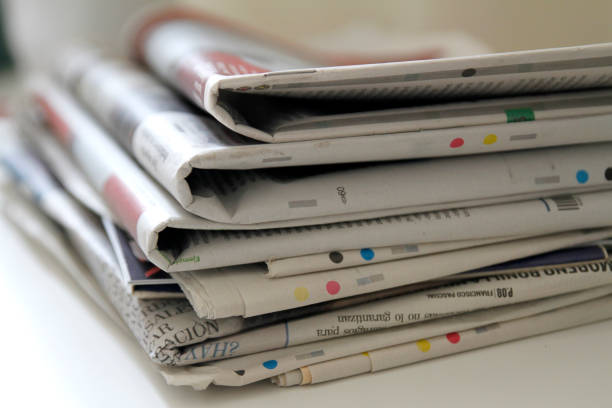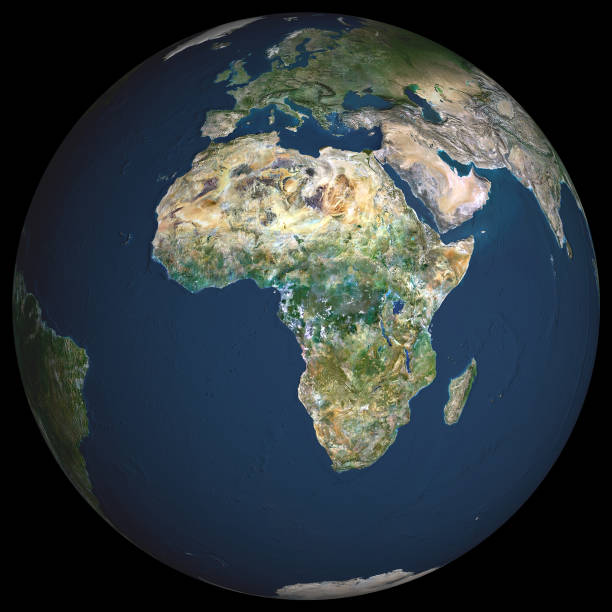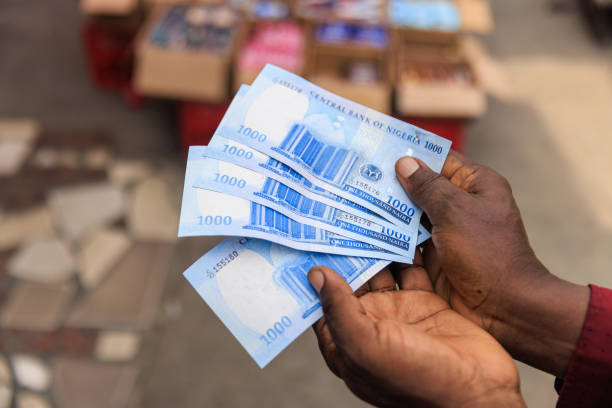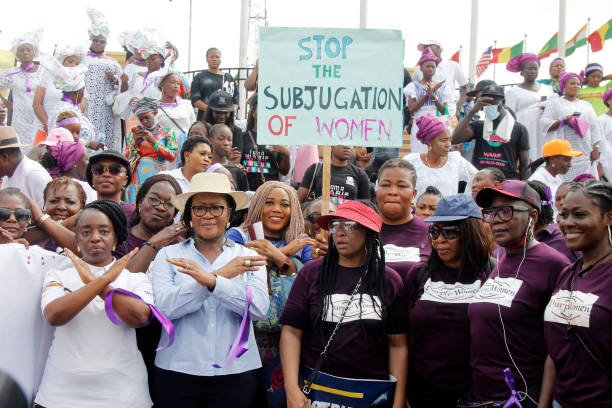In every society, leadership and the media dance a delicate waltz—sometimes in step, often stepping on each other’s toes. In times of peace or crisis, how a leader uses the press tells us more than any speech or campaign promise. Is it about building lasting institutions? Or is it simply about clinging to power?
The Press: Watchdog or Lapdog?
The media is often called the “Fourth Estate,” a vital check on those who govern. At its best, it exposes corruption, holds leaders accountable, and keeps the public informed. But not all governments welcome such scrutiny. In some nations, the press is gagged, journalists are jailed, and newsrooms become echo chambers for official talking points.
Transparency, a cornerstone of democracy, suffers when the press becomes a tool of propaganda. Some leaders manipulate coverage to paint a glowing image of success, even as public services crumble or dissent grows. “Controlling the narrative” becomes more important than confronting the truth.
Power’s Favourite Mirror
A leader’s relationship with the media can reveal their deeper intentions. Do they allow criticism? Do they support independent journalism? Or do they punish reporters who ask hard questions?
In countries where the press is free, leadership tends to face stronger scrutiny—and often, greater public trust. Where the press is muzzled, leaders may enjoy short-term loyalty, but usually at the cost of long-term legitimacy.
The press, when silenced or co-opted, becomes a mirror showing only what the ruler wants to see. This can lead to dangerous blind spots: ignoring crises, overestimating popularity, or fostering a bubble of praise that hides public frustration.
Building for Tomorrow or Just Today?
True leadership is measured not just by how one holds power, but by what they leave behind. Are systems made stronger, or are they warped to fit one person’s ambition? Do institutions outlive the leader, or do they crumble once the strongman exits the stage?
Some leaders use their time in office to improve education, healthcare, and the rule of law—laying foundations for generations to come. Others rewrite constitutions, silence critics, and fill key roles with loyalists, ensuring control now but leaving chaos later.
The role of the media in this process is vital. A free press can reveal whether a leader is a statesman or a showman. It can highlight whether policies serve the people or simply flatter the powerful.
Why It Matters
In an age of digital noise, where misinformation spreads fast and attention spans shrink, the relationship between power and the press is more important than ever. Leaders who fear the truth often fear the press. And when the media cannot speak freely, democracy itself is in danger.
As citizens, we must ask: Are we seeing reality, or just the version we’re meant to see? And as voters, we must decide: Are we supporting a legacy—or a liability?
The answer may depend not just on who holds the power, but on who holds the pen.





